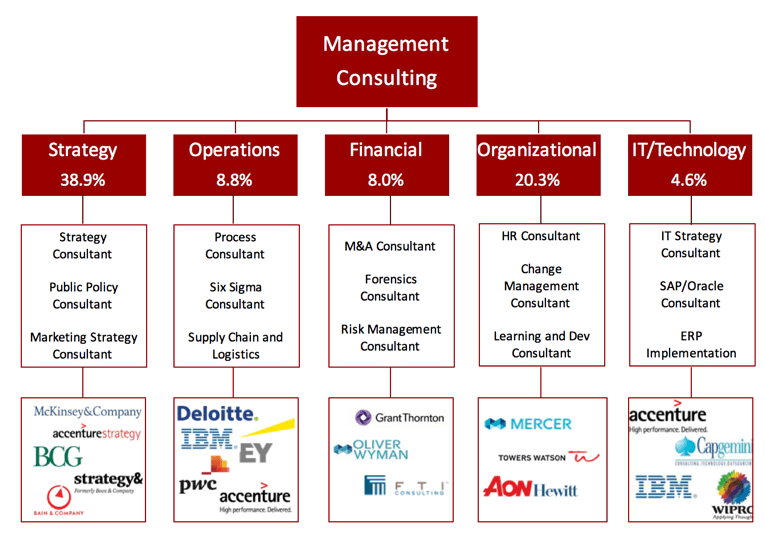What Is Consulting?
- Get link
- X
- Other Apps
TL;DR
- Consulting is a professional service offering expert advice to organizations.
- Consultants help businesses solve problems, improve performance, and implement changes.
- There are various types of consulting, including management, IT, HR, and strategy consulting.
- Hiring consultants brings specialized skills and an external perspective to businesses.
In today's fast-paced business world, companies often face complex challenges that require specialized expertise. This is where consulting comes into play. But what exactly is consulting, and why is it so vital for businesses?
Understanding Consulting

At its core, consulting is the practice of providing expert advice to organizations to improve their performance. Consultants are professionals who specialize in a particular field and offer their knowledge to help businesses overcome obstacles and achieve their goals.
Key Roles of Consultants:

- Problem Solving: Identifying and addressing specific business challenges.
- Strategy Development: Crafting plans to achieve long-term objectives.
- Process Improvement: Enhancing efficiency and productivity within the organization.
- Change Management: Assisting with transitions during mergers, acquisitions, or restructuring.
Types of Consulting

Consulting spans numerous industries and specialties. Some of the most common types include:
- Management Consulting: Focuses on improving overall business performance.
- IT Consulting: Deals with the implementation and optimization of technology systems.
- Human Resources Consulting: Addresses employee-related matters like recruitment and retention.
- Financial Consulting: Involves advising on financial planning, budgeting, and investments.
- Strategy Consulting: Centers on high-level business decisions and direction.
Why Do Companies Hire Consultants?
- Expertise: Consultants bring in-depth knowledge that may not exist within the company.
- Objective Perspective: They offer unbiased opinions, free from internal politics.
- Resource Flexibility: Hiring consultants can be more cost-effective than maintaining a full-time staff for short-term projects.
- Implementation Support: Consultants often help execute their recommendations, ensuring successful outcomes.
The Impact of Consulting
Consulting can lead to significant improvements, such as increased revenue, reduced costs, and enhanced operational efficiency. By leveraging external expertise, companies can navigate complex challenges and stay competitive in their industries.
In summary, consulting is a valuable resource for businesses seeking specialized knowledge and objective insights. Whether it's tackling a specific problem or guiding strategic decisions, consultants play a crucial role in driving organizational success.
- Get link
- X
- Other Apps
Comments
Post a Comment